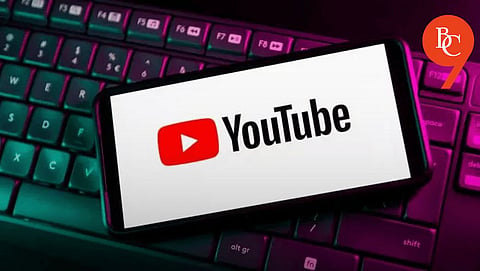

YouTube has announced it will stop monetizing content featuring AI-generated videos starting July 15, 2025. This bold policy update is designed to address growing concerns about the authenticity, quality, and ethical implications of synthetic media on the platform.
The rise of generative AI tools has made it easier than ever to create convincing videos with minimal human input. While this technology has enabled creativity and accessibility, it has also led to a flood of low-quality, misleading, or entirely fabricated content. Advertisers and viewers alike have raised concerns about the potential for misinformation, copyright violations, and brand safety risks.
According to YouTube’s updated guidelines, AI-generated videos are defined as content where the primary visuals or audio are created by artificial intelligence, with little to no human involvement. This includes:
Fully AI-animated or deepfake videos
AI-generated voiceovers or music tracks
Synthetic news reports, interviews, or fictional characters
Videos that use AI tools to mimic real people or events
YouTube’s decision sets a precedent that other major platforms may follow as the debate over synthetic media intensifies. The policy will likely drive further discussion about transparency, copyright, and the evolving role of AI in creative industries.
For now, creators have until July 15, 2025, to adapt their content strategies and ensure compliance with YouTube’s new guidelines. As the digital video ecosystem continues to evolve, the balance between innovation and integrity remains at the forefront of platform policy.
YouTube’s move to demonetize AI-generated videos marks a significant step in shaping the future of online content—prioritizing authenticity, trust, and quality for creators, advertisers, and viewers alike.
